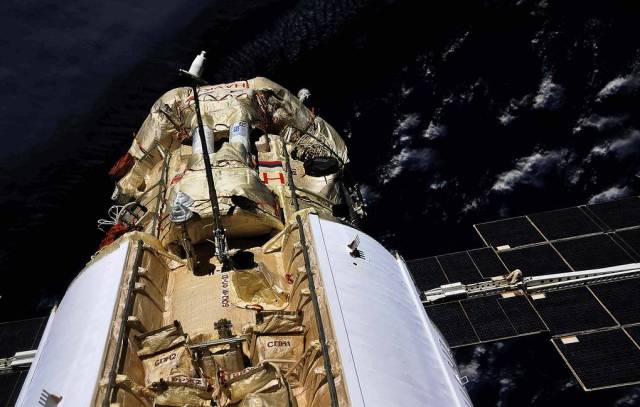The second stage involves the breeding of a population of quails in orbit, said Yuri Smirnov, head of the Laboratory for the development and implementation of biomedical programs of the IMBP RAS
MOSCOW, August 9. /TASS/. Astronauts and scientists study the development of Japanese quail embryos in the Science module on the ISS. The first stage is scheduled for 2022, Yuri Smirnov, head of the Laboratory for the development and implementation of biomedical programs of the IMBP RAS, said in an interview with TASS.
"The purpose of the experiment is to study the development of an embryo in zero gravity and artificial gravity on the ISS. The scientific equipment is an incubator, some of the eggs will simply be incubated in space flight, and some will be placed in a centrifuge inside the incubator, " Smirnov said.
According to him, astronauts will periodically carry out chemical fixation of eggs in a glove box, after which they will be sent to Earth for study by specialists. The first stage of the IMBP experiment is planned to begin in 2022. The second stage involves breeding a population of quails in orbit. "The terms for it are still unknown, because the development of scientific equipment is required," Smirnov said.
The multi-purpose laboratory module "Science" was launched from the Baikonur Cosmodrome on July 21. On Thursday, the module docked to the ISS. It is intended for the implementation of the Russian program of scientific and applied research and experiments. After the MLM is put into operation, the Russian segment will receive additional volumes for the arrangement of workplaces and cargo storage, the placement of equipment for the regeneration of water and oxygen. The Nauka module is equipped with a second toilet for the Russian segment, a cabin for the third crew member of the Russian Federation, as well as a European ERA manipulator, which will allow performing some work without going into outer space.

